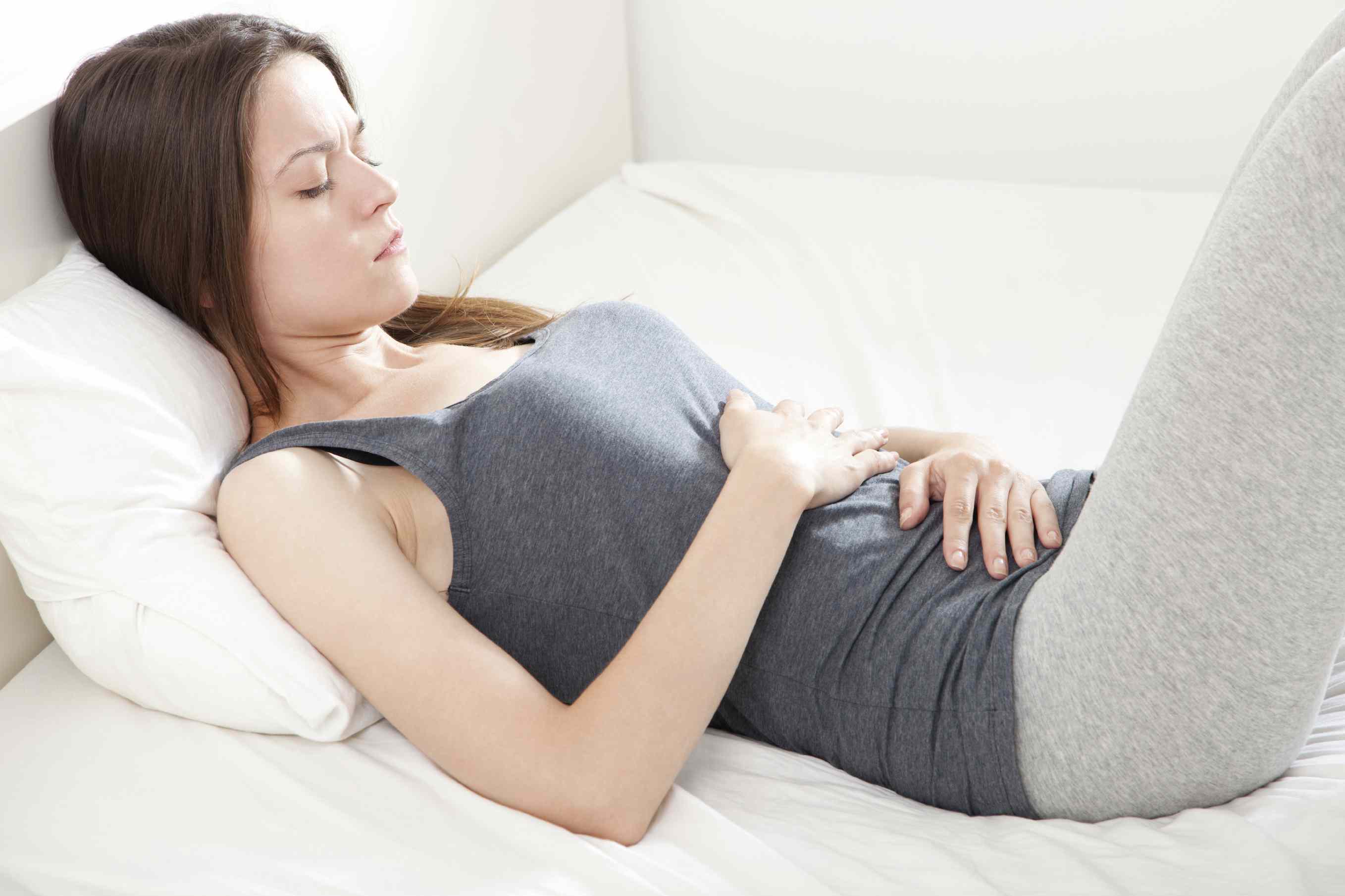
- November 12, 2021
- Comments: 0
- Posted by: Dr. Anushri Shah

Menopause is more than simply hot flashes and nocturnal sweats for most women; it’s difficult, and often misunderstood, stage of life. Even those who are in the midst of the transition will discover that there is so much more to learn. From the signs, they will suffer and how to obtain relief to potential risk factors for additional conditions-and will benefit from learning all of the fascinating facts.
Just A Min: What It Is!
First and foremost, it is vital to realize that menopause is a natural part of a woman’s life. It usually happens beyond the age of 40, when a woman’s ovaries no longer produce an egg every month and menstruation stops. For women, the menopausal journey is divided into many stages:
Premenopause: Signs of perimenopause may appear gradually after the age of 40. In fact, most women may be unaware that symptoms like irregular periods, low mood, sleep problems, or increasing PMS are heralding the onset of menopause.
Perimenopause: A woman has entered menopause if she has not menstruated in a year. Symptoms such as cramps, nocturnal sweats, sleeplessness, and anxiety may worsen.
Postmenopause: During this stage, a woman may feel as though her life is returning to normal. Menopause symptoms have subsided or vanished, and she may be experiencing an increase in energy.
Interesting Menopause Facts: Scroll On!
The end of a woman’s reproductive years is marked by menopause. It is a normal process characterized by hormonal and physiological changes. Knowing what to expect might help to make the adjustment easier. Here is a piece of information you may not be aware of, as well as suggestions to help you get through this difficult time.
Causes Osteoporosis
Because estrogen regulates bone loss, women lose more bone than they replace after menopause (when estrogen levels fall). Osteoporosis occurs when thinning bones grow weak and brittle over time. Discuss your risk with your doctor (he or she may recommend a bone density test) and what you’ll do to help prevent or cure osteoporosis.
Chronic Heart Disease
Women are more prone to have the cardiac disease after menopause. This might be attributed to a variety of circumstances, including changes in estrogen levels or aging-related problems such as weight increase or high blood pressure. Discuss with your doctor what you can do to safeguard your heart, such as getting your blood pressure and cholesterol levels examined on a regular basis.
Memory Backup
You may have observed that during perimenopause and the years immediately after menopause, women frequently experience difficulties with attention and memory, as well as a general “foggy” sensation. However, evidence shows that a woman’s memory is just as excellent after the menopausal transition as it was before. Memory issues, in fact, are more commonly attributed to normal cognitive aging, mood, and other reasons than to menopause. Maintain a strong social network, be physically and intellectually active, eat a balanced diet, stop smoking, and drink alcohol in moderation to help prevent memory loss.
 Gateway To Weight-Gain
Gateway To Weight-Gain
Menopause is the starting point for weight gain. While shifting hormones throughout menopause may be to cause, menopause does not ensure that the numbers on your scale will rise. The fact is that regulating your weight becomes more difficult as you get older. However, if you follow a nutritious diet and an exercise plan on a regular basis, you may discover that you lose weight throughout menopause. Note: Joining a Divine Mother menopause fitness program will make your weight loss journey smooth.
Stress & Anxiety
Similarly, if you experienced despair or anxiety before to menopause, you are more likely to experience them again. This can occur for both physical (changing hormone levels can disrupt the smooth functioning of your brain’s neurotransmitters and throw your moods off track) and psychological reasons—going through any life change, especially one that means you’re nearing the end of your fertile years, can be disorienting. In addition, there’s the matter of insomnia. Flashes of hot blood! If these are disturbing, that is natural.
Chemotherapy And Radiation Can Cause Menopause
Chemotherapy and radiation therapy can cause menopausal symptoms including hot flashes during or immediately after treatment. However, keep in mind that menstruation and fertility are not often permanent following chemo, so you may want to maintain any birth control techniques.
Nap Like Baby
Even if you used to nap like a baby, menopause can disrupt your sleep. Which can have an influence on your energy levels, moods, weight, and even libido. The better your sleep, the simpler it will be to control your problems!
Wanna Solve All Problems?
Women must maintain their health at all ages. Dealing with perimenopause and menopause can be difficult because you may feel powerless over changes impacting your health and mental well-being. Please join Divine Mother‘s menopausal fitness program, where professionals will assist you through the menopause experience and help you flourish. you can also read more about: Fitness tips for menopause.

